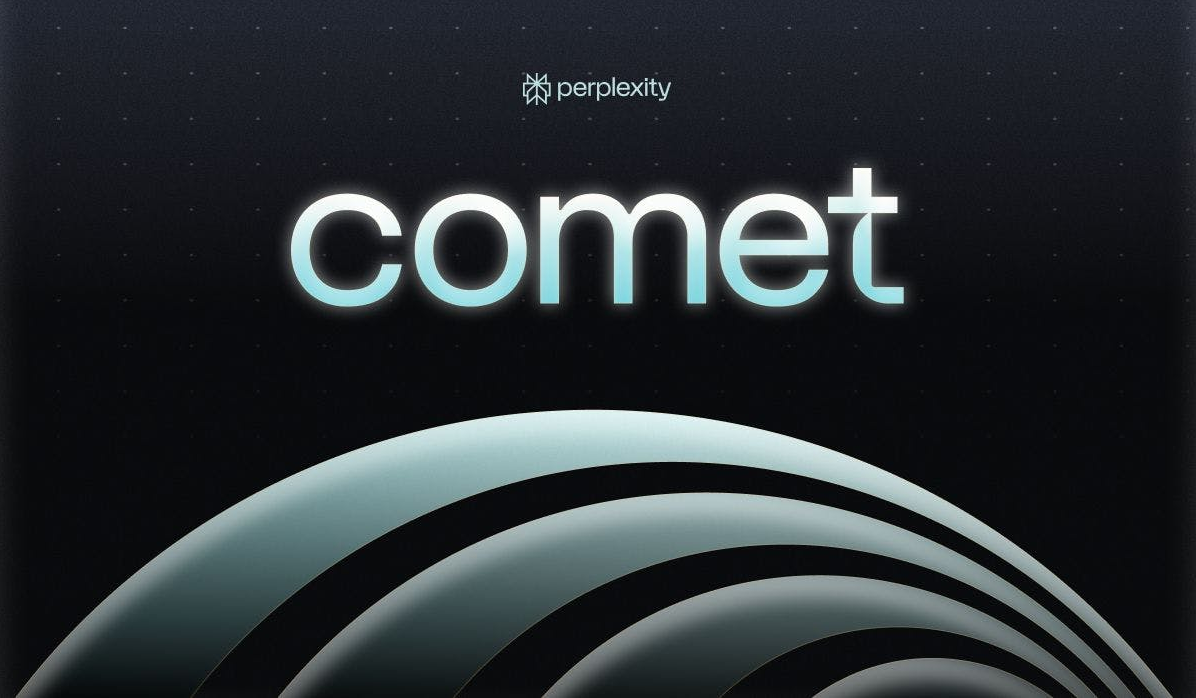In a bid to revolutionize the way we interact with the internet, Perplexity, an AI company, has launched Comet, a new web browser that promises to integrate artificial intelligence seamlessly into our browsing experience. After a trial period, it's clear that Comet brings some exciting features to the table, but it still has a long way to go before it can dethrone established browsers like Google Chrome. The installation process of Comet is straightforward and visually appealing, allowing users to integrate their Google account for a quick setup. This ease of use is a significant advantage, especially for those who value simplicity and are looking to explore the potential of AI-enhanced browsing.
One of the standout features of Comet is its integrated AI assistant, which provides a range of functionalities, from answering questions and summarizing articles or YouTube videos, to generating shopping lists from recipes and conducting in-depth research. This AI assistant is powered by Perplexity's reliable AI engine, which replaces Google as the default search engine. The Perplexity Search Engine provides detailed answers with cited sources, making it a valuable tool for researchers and students. Additionally, Comet's tab data analysis feature allows users to compare information from open tabs, making it useful for tasks like product comparisons. The browser also prioritizes user privacy, with a built-in ad-blocker and a privacy mode that minimizes cloud interactions.
Despite its impressive array of features, Comet has some significant drawbacks. Many of its AI features are already available through existing AI tools like ChatGPT, Grok, Claude, Gemini, or Perplexity's own platform. While Comet reduces friction by integrating these features directly into the browser, the convenience may not be enough to justify switching browsers for all users. Furthermore, Comet is currently only available to users who have received an invite or have a Max-tier subscription to Perplexity, which costs $200 per month. A free version is expected, but it may lack key features, which could encourage users to upgrade to the premium version. For comparison, users can access similar AI functionalities through free browsers paired with premium AI subscriptions or self-hosted LLMs, potentially at a lower cost.
The browser's interface, while aesthetically pleasing, feels cluttered and resource-heavy, consuming more RAM than minimalistic alternatives like Chrome. This could be a significant drawback for users who prioritize simplicity and performance. In terms of real-world applications, Comet's features have the potential to revolutionize the way we interact with the internet, making it easier to find information, conduct research, and stay organized. However, the high system resource usage and premium pricing may deter some users from making the switch. For those who value minimalism and functionality, sticking with established browsers like Chrome may be preferable, supplemented by standalone AI tools as needed.
Comet's design is visually striking, and its seamless AI integration, reliable search, and privacy features are commendable. However, the browser's long-term appeal will depend on addressing its limitations and offering a compelling free version. As the tech industry continues to evolve, it's likely that we'll see more browsers incorporating AI features, and Comet is certainly a step in the right direction. With some tweaks to its interface and pricing model, Comet could become a serious contender in the browser market. For now, though, it seems that Chrome has won the race, at least for the time being.
In conclusion, Comet introduces an innovative approach by blending AI capabilities with web browsing, but it still has a way to go before it can compete with established browsers. While its features are impressive, they are not unique enough to distinguish it from existing AI tools, and its high system resource usage and premium pricing may deter some users. As the browser continues to develop and improve, it will be interesting to see how it addresses these limitations and whether it can offer a compelling free version that will attract a wider user base. For now, users who value minimalism and functionality may want to stick with what they know and love, but for those who are eager to explore the potential of AI-enhanced browsing, Comet is certainly worth keeping an eye on.
Perplexity's new browser got a quick test run, but Chrome won the race back in a flash

404news
Jul 28, 2025
41
0

AI Analysis Engine
Advanced content understanding & insights
Executive Summary
Key Insights
Implications
Analyzing Content
Our AI is processing the article...
41
Article Views
0
Comments
Recommended Reading
More Great Reads
Continue your journey with these hand-picked articles from our community
Finding Perfect Reads
Curating personalized recommendations...
Community Discussion
Join the conversation
0
Comments
2
Likes
41
Views
Share Your Thoughts
Anonymous
No comments yet
Be the first to share your thoughts!